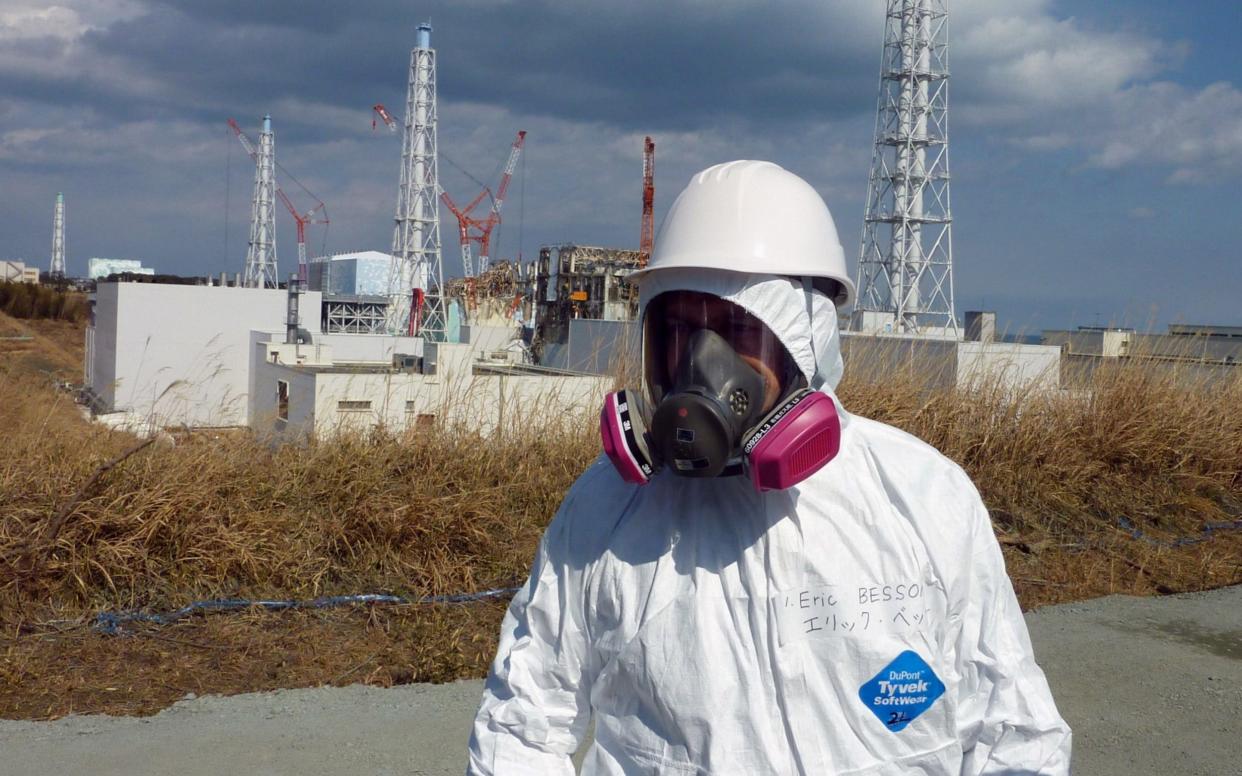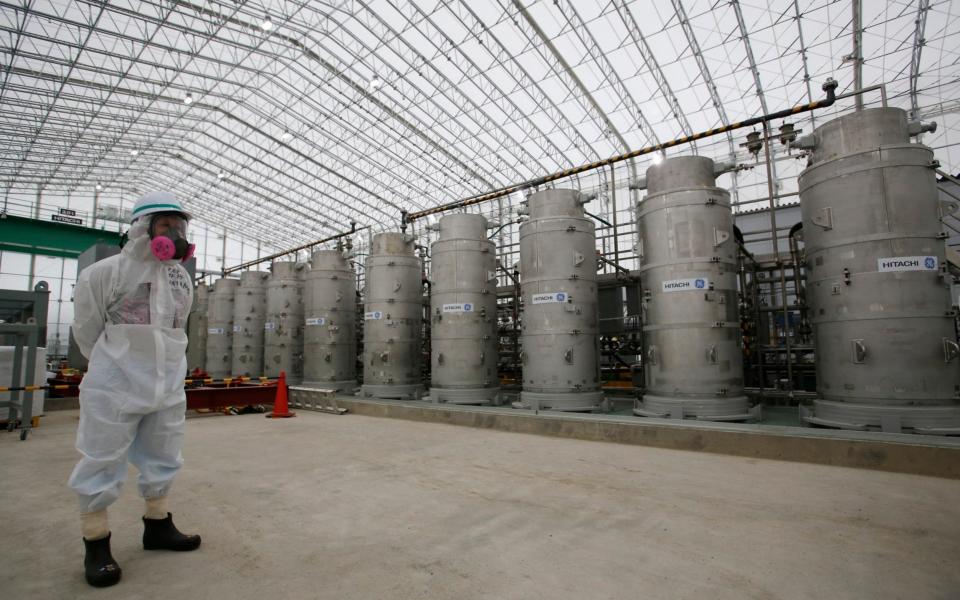Dying villages compete to become the site of the dump for Japan's nuclear waste

Two struggling towns in northern Japan are vying to host an underground repository of highly radioactive waste from the nation’s nuclear power plants in the hope that it will bring a much-needed financial windfall - and hopefully some much-needed new residents.
Haruo Kataoka, the mayor of Suttsu, wants his port town on the west coast of Hokkaido, in Japan’s far north to host the waste. The nearby village of Kamoenai also announced that it would compete with its own bid for the right to bury toxic leftovers.
Like many remote towns across Japan hollowed out by the country's demographic crisis, both Suttsu and Kamoenai are wrangling over state subsidies that can plug their budgets and save them from spiralling into debt.
Suttsu has no local industry other than some coastal fishing and the odd tourist. The initial study to see if it can host the waste will earn the town £14.59 million, while the subsequent four-year geological survey is worth an additional £51.05 million.
Today, Suttsu is home to 2,893 people, a sharp decline from the 5,925 registered residents in 1980, and a story that is being repeated across Japan.

Japan’s population first began to shrink in 2011, with the total number of citizens put at 127 million in 2014 and on course to contract to 107 million by 2040. If those trends continue, there will be a mere 97 million by 2050.
With universities, job opportunities and entertainment options focused on urban areas, young people are increasingly migrating away from the villages and rural towns where they were born and not moving back. The result is communities made up almost entirely of retirees and fewer sources of income to keep local services and facilities in operation.
Mr Kataoka said it is “important for communities to hold discussions” on the issue of Japan’s nuclear waste, adding, “We will use the money to invest effectively for the future”.
By law, the waste from uranium and plutonium must be stored in concrete structures at least 980 feet underground and not affect the environment or the lives of local residents.
There is plenty of opposition to the plan, however, with Naomichi Suzuki, the governor of Hokkaido, expressing his objections, along with local fisheries associations, anti-nuclear campaigners and local residents.

For all of them, the disaster at the Fukushima nuclear plant in March 2011 is still fresh in the memory, including how the operator of the plant ignored studies that warned it was susceptible to a large tsunami triggered by an offshore earthquake.
Feelings are running so high that an improvised firebomb was hurled against a window at the mayor’s home just hours before his announcement.
Police have confirmed that they arrested a 77-year-old local resident on Thursday morning after a home-made weapon broke a ground-floor window and caused minor damage to the exterior of the mayor’s home. There were no injuries.
“Everyone that I have spoken to in the town is opposed to the plan”, said Daichi Akatsuka, who works at the nearby Shizen no Ie guest house.
“I think a lot of people are very worried about what might happen if there was a problem and they are not happy with the mayor just taking this decision without enough consultation with the local residents”, he told The Telegraph.
“It’s ironic that they say they want the money because people are leaving the town, but I can see this making even more people move away”, he added.

Nishio Baku, a co-director of the Citizens’ Nuclear Information Centre, said struggling communities are clutching at any opportunity to remain solvent.
“This just shows the desperate financial states of local towns and villages, and politicians really need to find proper solutions to their economic problems,” he said.
And he warned that an underground nuclear dump poses numerous potential hazards to local people.
“Radioactive materials may leak over the very long period of time that they remain dangerous and seep into underground water supplies that then flow to the surface”, he said. “The same thing could occur as a result of an earthquake or volcanic activity.
“Fukushima showed that unforeseen situations do occur and geological disposal is something that we do not yet know enough about, especially what can happen underground,” he said. “This is cause for genuine concern”.

 Yahoo News
Yahoo News 
